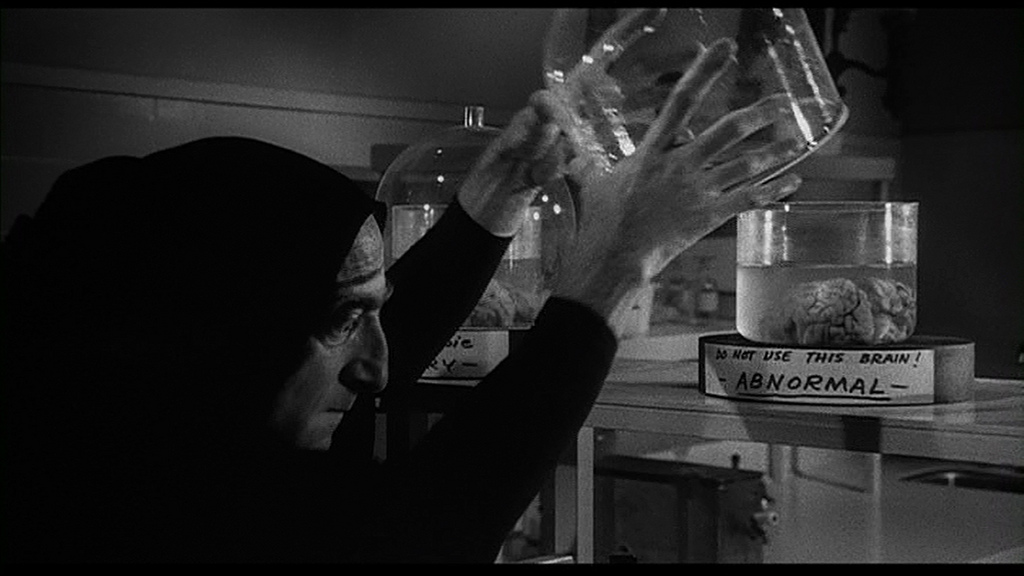Two pregnant women, close friends, are overjoyed to learn they will be delivering their babies on the same day at the same hospital. Taking this as a sign, they determine that the babies – both of them boys – are destined to be lifelong friends and in the ensuing months the new mothers do everything possible to keep the babies together.
 Over time the children do in fact develop a bond. During their children’s play dates the women speak of the special bond they feel for their child, of the immense – at times almost unbearable – love their child elicits in them. Jointly they agree that children are a gift from God, an opportunity at last to experience this phenomenon known as “unconditional love.”
Over time the children do in fact develop a bond. During their children’s play dates the women speak of the special bond they feel for their child, of the immense – at times almost unbearable – love their child elicits in them. Jointly they agree that children are a gift from God, an opportunity at last to experience this phenomenon known as “unconditional love.”
Separately, however, each woman muses that her friend’s child is at times a bit too overbearing, short-tempered, selfish – in short, a brat. Each woman privately gives thanks that her child is different, and it makes her love for him all the more special.
One day not long before the boys’ second birthday both women receive an unexpected visit from a hospital official, who acknowledges that a terrible mistake has been made – that shortly after their births the two babies may inadvertently have been confused with the other. Both women greet the news as an impossibility, but a subsequent genetic test confirms the truth: each woman has been raising the other’s biological baby. “My God,” both women exclaim, “How am I going to be able to love that child the way I’ve loved my own baby.” And of course both women immediately recognize the irony in those words, because “my” baby is in fact “her” baby and vice versa. The “brat” must come home and the “gift from God” must be sent packing.
As a man who adores two children of his own, I ask myself how I’d face such a hypothetical, and I recognize that it exposes the dirty truth about human love: that it is just another form of conditioned thinking. We love our children because they are “ours,” because they have “his eyes” and “her smile” and because they are just like we were as children. Of course they are. We have passed along our genetic heritage and are conditioning them not unlike the good Dr. Pavlov and his dogs.
But then the teen years roll in and as the child morphs into an adult, she dates the wrong boys, he rebels against our authority, and the children aren’t quite so lovable; in our more private moments we recognize that at times we don’t even like them. In extreme cases desperate parents will even surrender their teenaged progeny to the state. That immense reservoir of “unconditional love” has run dry.
We marry in much the same way, racing off to the altar to proclaim our undying love and fealty for a mate who in short order may start to think and act in ways we find less than desirable. We defend our decision to divorce as merely a matter of “falling out of love.” In some cases we even come to “hate” a former mate because he or she betrayed all that we hold to be true.
All of which begs the question: What do we humans really mean when we express our love for another? If I am honest, I see that I “love” those individuals who please me and I avoid those who don’t. My love is entirely conditional, coming as it does with a long list of demands and expectations. Miss the mark on enough of these requirements and you’re out.
The prophets teach us that real love is unconditional, that love is a state of being, that each of us is love itself. We are advised that to know true love is to know ourselves in the form of another; to love another not simply because he pleases my egoic demands, but because he and I are one and the same.
So could I love the child of another? Each day this question plays out in my own home, where my wife surrenders her egoic wants in ways large and small, to raise two children birthed by another. Each day she and these two young souls strive to find common bonds that unite them, to locate and share the love that binds us all. I suppose it could be said that while a biological mother’s love is innate, a stepmother’s love is a giant step toward a love few of us dare to imagine.


